 Whatever happened to spur-of-the-moment weekend getaways where you grabbed your overnight bag, a couple of outfits, and a great beach read before hitting the highway? Well, kids happened that’s what. Now, spur-of-the-moment getaways are more like “plan-months-ahead-to-locate-clean-diaper-changing-rest-stops-and-book-a-UHaul-to-lug-around-all-that-baby-stuff getaways.” Anyone else feel exhausted just thinking about it? And, let’s not even talk about planning a trip to Disney World with kids. Parents write entire dissertations about that family vacation—and then Pin it on Pinterest for us all to identify where we fail as parents.
Whatever happened to spur-of-the-moment weekend getaways where you grabbed your overnight bag, a couple of outfits, and a great beach read before hitting the highway? Well, kids happened that’s what. Now, spur-of-the-moment getaways are more like “plan-months-ahead-to-locate-clean-diaper-changing-rest-stops-and-book-a-UHaul-to-lug-around-all-that-baby-stuff getaways.” Anyone else feel exhausted just thinking about it? And, let’s not even talk about planning a trip to Disney World with kids. Parents write entire dissertations about that family vacation—and then Pin it on Pinterest for us all to identify where we fail as parents.
Traveling with kids can be an adventure—and I don’t just mean an adventure in patience. Of course, we all know that every good adventure deserves an even better soundtrack! It appears as if the majority of parents agree! In fact, a recent study by Alamo Rent A Car found that more parents (80 percent) use music to keep children happy than iPads (19 percent).
In our years of travel, we learned how to maximize the music in our car in order to minimize the “Are We There Yet?” traveling dilemma. Let’s be honest. Children communicate that question long before they can even speak: by crying, kicking seats, and general get-me-out-of-my-car-seat grumpiness.
Here are four ways to use music in the car that worked for our family and we think they will work for you, too!
1. Make a traveling playlist. Take requests from everyone and include songs your child loves and songs that you do, too. For our family of four, I am responsible for putting the song requests in order on the playlist. I make sure to equally rotate the order. I learned really quickly that our oldest daughter would count to make sure life the song rotation was fair. During the car ride, our kids love trying to guess which song is next and when their favorite ones will play.
Sing-along songs can create memories as your family bursts out in “Let it Go” (again!) or even the theme song from a favorite TV show, such as Jake and the Never Land Pirates! The car can be an ideal place to connect together as a family through music, just like this mom and daughter:
[youtube]https://www.youtube.com/watch?v=aTpmzpKrsz8[/youtube]
2. Listen to books or nursery rhymes on CD. Under the age of 5, our girls loved listening to the rhymes of Dr. Seuss, especially. Now, listening to books on CDs is a traveling tradition. Favorites for 5 to 7 years old include the Ramona, Junie B. Jones, and The Magic Treehouse series. (Yes, technically this is not music, but music builds early literacy skills!)
3. Engage children’s imagination through the soundtrack from a favorite movie. We found—by accident—that our children enjoy listening to the musical arrangements from their favorite movies. They love envisioning what is happening based on what they hear. For example, they can identify the part in the composition when Lightening McQueen and Sally are racing on the back roads or when Cinderella meets the prince in the woods and tells him to stop chasing the deer. This was a fun way to listen to a movie and not watch the movie.
 4. Create a “Quiet Time” playlist. For longer road trips, we select this music to encourage our reluctant car sleepers to rest. Occasionally, the music will lull one or both of our children to sleep, however it nearly always relaxes them enough to stop fidgeting. We most often play this list after lunch when many children naturally benefit from a little quiet time. Tip: Make sure you fill your car with gas BEFORE you tap into the power of music. After all, you DO NOT want to stop when your little one finally falls under the spell of music and falls asleep like this sweet little nugget!
4. Create a “Quiet Time” playlist. For longer road trips, we select this music to encourage our reluctant car sleepers to rest. Occasionally, the music will lull one or both of our children to sleep, however it nearly always relaxes them enough to stop fidgeting. We most often play this list after lunch when many children naturally benefit from a little quiet time. Tip: Make sure you fill your car with gas BEFORE you tap into the power of music. After all, you DO NOT want to stop when your little one finally falls under the spell of music and falls asleep like this sweet little nugget!
Enjoy your next family road trip with this free gift of five free song downloads and more tips on using music in the family car!
Contributed by Lisa Camino Rowell, a freelance writer in the Atlanta area who loves using music to make traveling a whole lot easier!

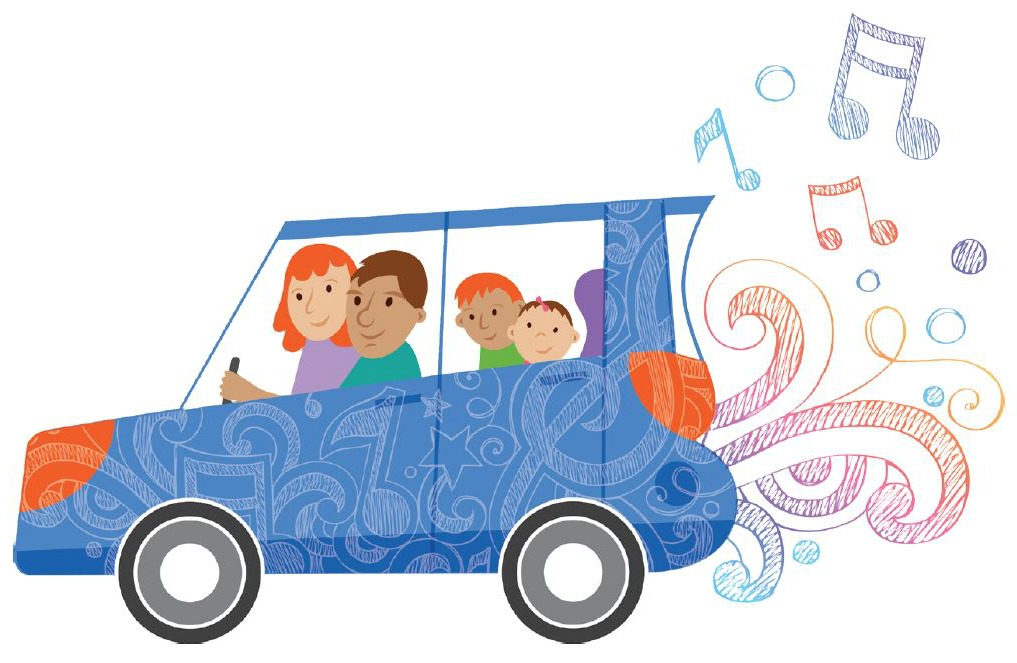
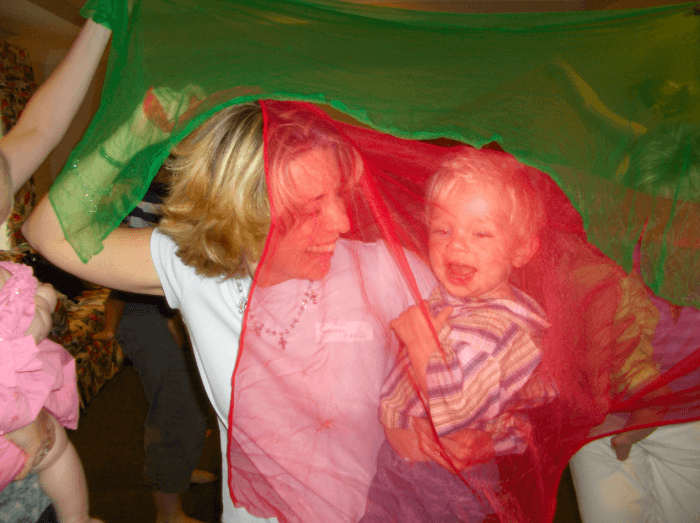
 children in the air, swing them in a blanket, or even roll around on the floor. Your child will love every minute of it—and so will you—but admittedly at times it might feel like a workout.
children in the air, swing them in a blanket, or even roll around on the floor. Your child will love every minute of it—and so will you—but admittedly at times it might feel like a workout. Put these tips into action. Find your local Educator at
Put these tips into action. Find your local Educator at 
 We like to tell parents that they are their child’s first and best teacher because it’s true! Sure, parents may not always know all the answers—like that initial night home from the hospital (now what?!) or when a baby experiences a growth spurt and wakes up every two hours (why?!).
We like to tell parents that they are their child’s first and best teacher because it’s true! Sure, parents may not always know all the answers—like that initial night home from the hospital (now what?!) or when a baby experiences a growth spurt and wakes up every two hours (why?!). 2. Steady beat gives children the ability to walk effortlessly, speak expressively, read fluidly, and even ultimately regulate repeated motions such as riding a bicycle or brushing teeth. While young infants are learning how to control their movements, lap bounces allow them to feel a steady beat with their whole bodies. Older babies benefit from lap bounces as they work to keep their bodies upright while in motion, strengthening the core muscles.
2. Steady beat gives children the ability to walk effortlessly, speak expressively, read fluidly, and even ultimately regulate repeated motions such as riding a bicycle or brushing teeth. While young infants are learning how to control their movements, lap bounces allow them to feel a steady beat with their whole bodies. Older babies benefit from lap bounces as they work to keep their bodies upright while in motion, strengthening the core muscles.
 6. Dancing and moving to music supports cross-lateral movement, spatial awareness, eye-hand coordination, and eye tracking—foundational skills for reading.
6. Dancing and moving to music supports cross-lateral movement, spatial awareness, eye-hand coordination, and eye tracking—foundational skills for reading.
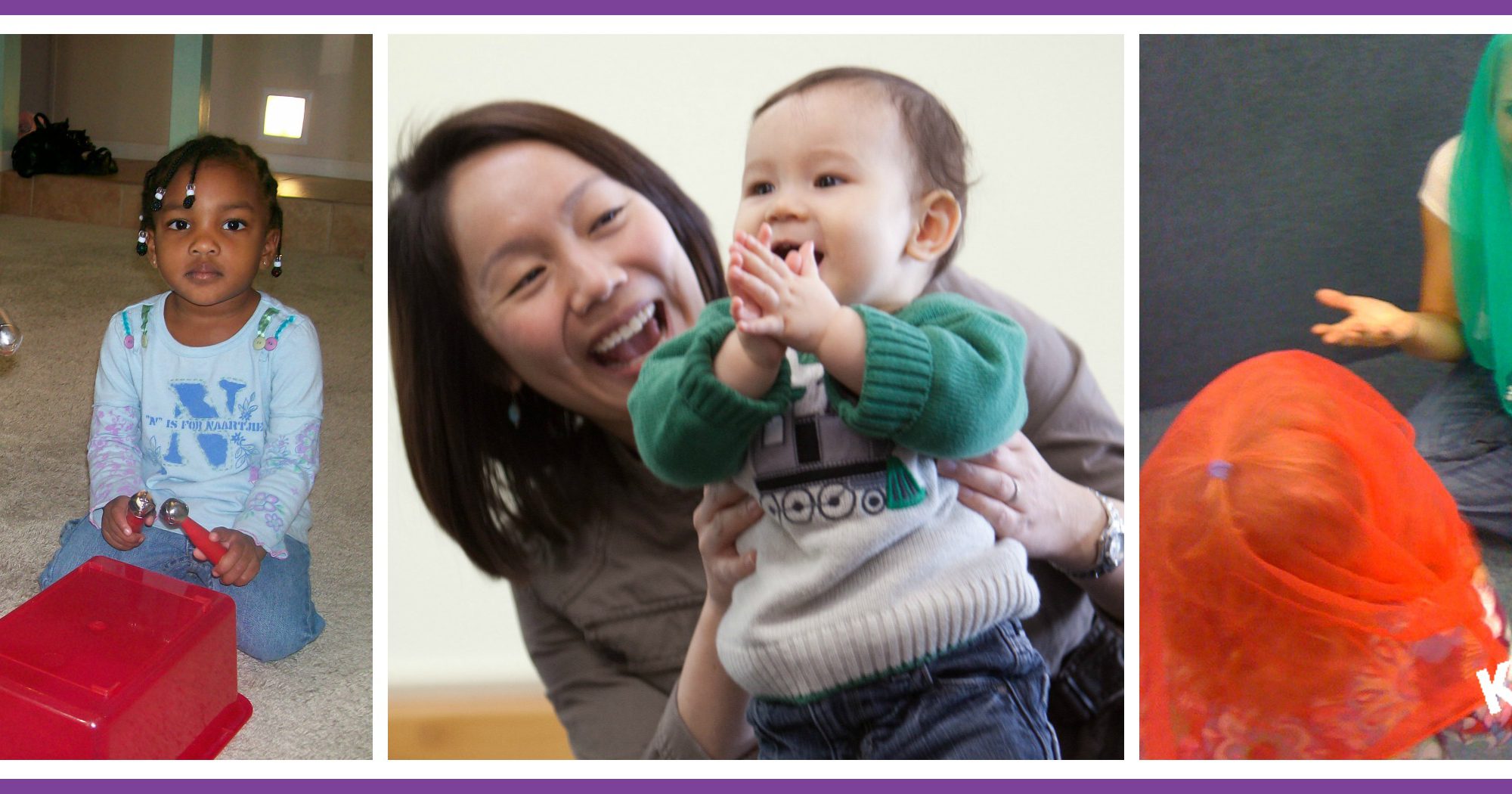


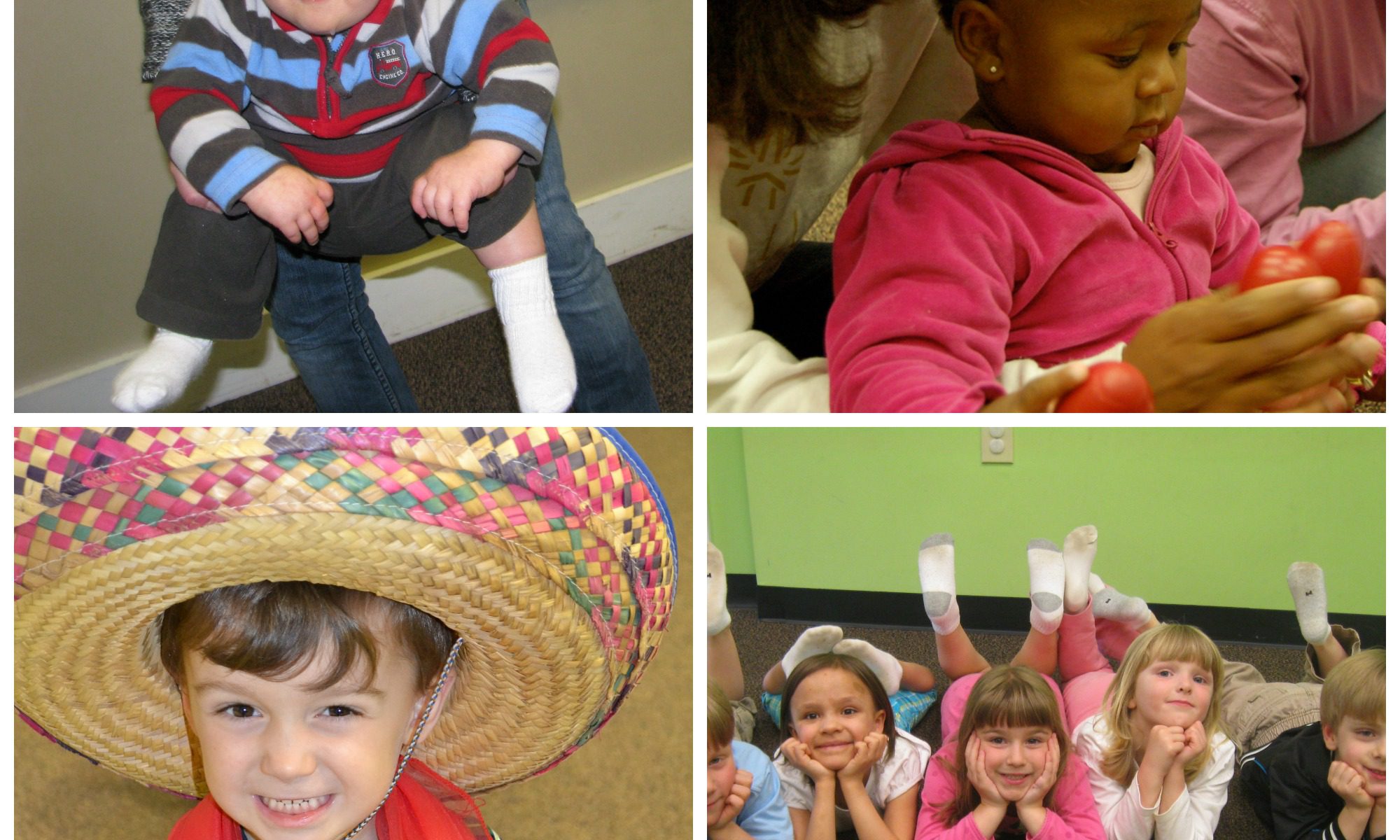


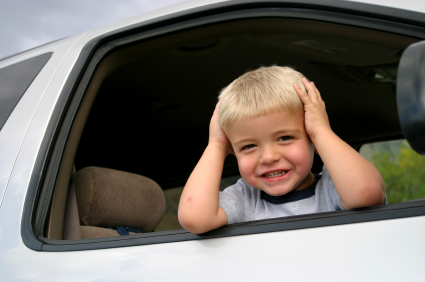
 Busy mom and music educator, Lisa Huisman Koops, has found the perfect solution for finding the time in her family’s very busy schedule to develop her child’s awareness and interest in music… the family car. And then she did a study to prove her theory that the family car, or family “taxi,” was indeed an excellent music space for fostering musical development and family togetherness. After all, the family car is one place where families are regularly together a lot!
Busy mom and music educator, Lisa Huisman Koops, has found the perfect solution for finding the time in her family’s very busy schedule to develop her child’s awareness and interest in music… the family car. And then she did a study to prove her theory that the family car, or family “taxi,” was indeed an excellent music space for fostering musical development and family togetherness. After all, the family car is one place where families are regularly together a lot!

